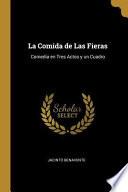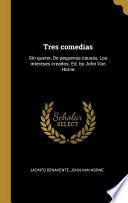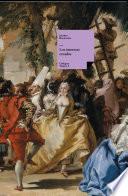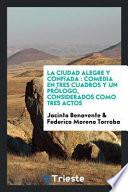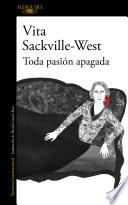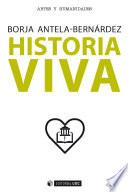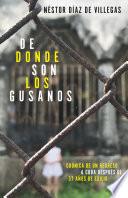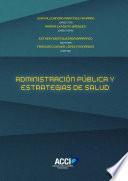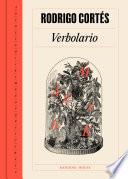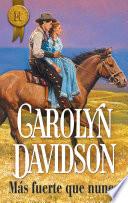Jacinto Benavente (1866-1954) fue un destacado dramaturgo y escritor español, conocido por ser uno de los más importantes representantes del teatro español del siglo XX. Nació el 12 de agosto de 1866 en Madrid, en el seno de una familia de clase media. Desde joven, Benavente mostró un gran interés por la literatura y el arte, lo que lo llevó a estudiar en la Universidad Central de Madrid, donde se graduó en Derecho y Filosofía.
Su carrera literaria comenzó en la década de 1890, y su primera obra significativa fue "Los buenos" (1902), una comedia que reflejaba la hipocresía de la sociedad de su época. Sin embargo, fue "La malquerida" (1913) la obra que consolidó su reputación como dramaturgo. Esta pieza es considerada una de las más importantes del teatro español y marcó el inicio de su éxito en esta disciplina.
Benavente se caracterizó por su estilo innovador y su habilidad para combinar la comedia con elementos trágicos. Sus obras abordan temas como la moralidad, la sociedad y las relaciones humanas, a menudo con un enfoque crítico hacia las convenciones sociales. A lo largo de su carrera, escribió más de 170 obras de teatro, además de novelas, ensayos y artículos periodísticos.
- Premios y Reconocimientos: En 1922, Benavente fue galardonado con el Premio Nobel de Literatura, convirtiéndose en el primer dramaturgo español en recibir este prestigioso premio. Este reconocimiento internacional elevó su estatus y le otorgó un lugar destacado en la historia de la literatura.
- Teatro y Compromiso Social: Benavente no solo se limitó a escribir, sino que también se comprometió con el teatro como medio para promover el cambio social. A través de sus obras, denunciaba las injusticias y abogaba por una mejor comprensión de la condición humana.
En la década de 1930, Benavente se vio afectado por los acontecimientos políticos de España, incluyendo la Guerra Civil. Aunque inicialmente apoyó la República, su relación con el régimen se tornó complicada y, tras el estallido del conflicto, se exilió en Francia y luego en Estados Unidos. Durante este tiempo, su producción literaria se vio reducida, y sus obras no tuvieron la misma repercusión que en años anteriores.
Tras la guerra, Benavente regresó a España en 1939, donde continuó escribiendo, pero su obra ya no contaba con el mismo impacto que había tenido en el pasado. A pesar de esto, su legado literario perdura, y es recordado como uno de los grandes dramaturgos de la lengua española. Su estilo único y su capacidad para capturar la esencia de la sociedad española continúan influyendo en nuevas generaciones de escritores y dramaturgos.
Benavente falleció el 14 de julio de 1954 en su ciudad natal, dejando un vasto legado literario que abarca no solo sus obras de teatro, sino también su contribución a la literatura y su influencia en el desarrollo del teatro contemporáneo en España.
En resumen, Jacinto Benavente es una figura crucial en la historia del teatro español, conocido por su aguda observación social, su profundo sentido del drama humano y su compromiso con el cambio. Su obra sigue siendo estudiada y representada, asegurando que su voz siga resonando en el ámbito literario y teatral.
